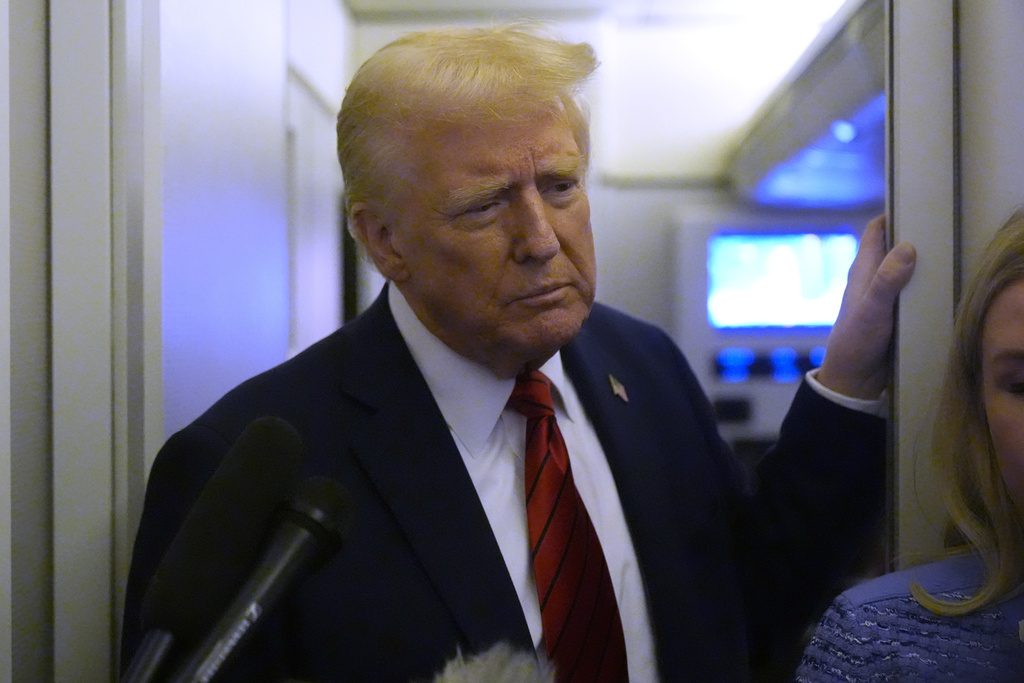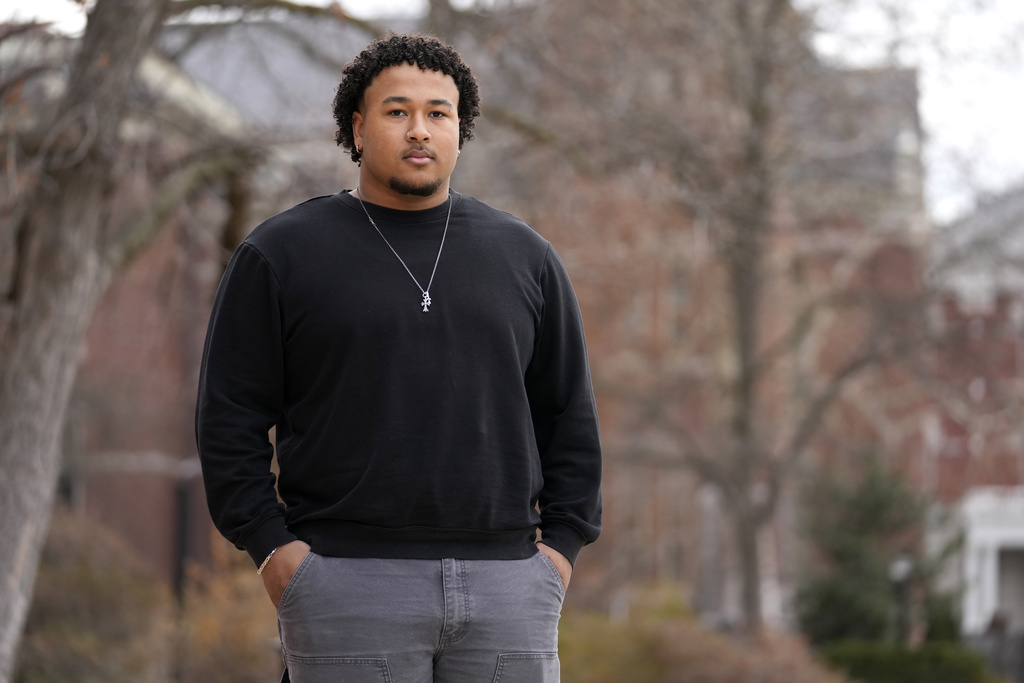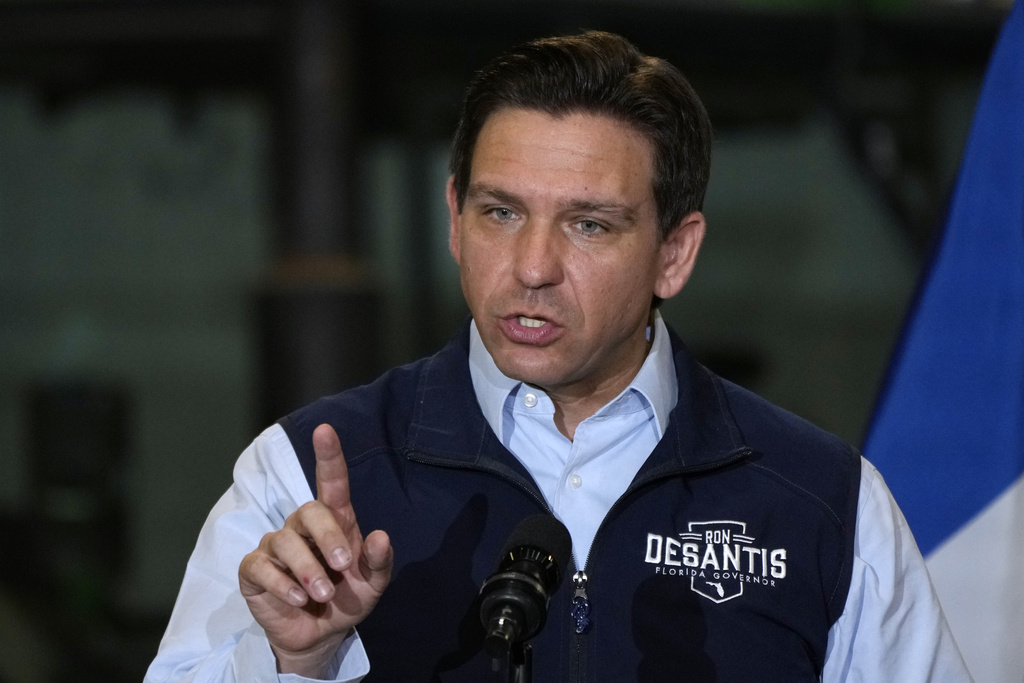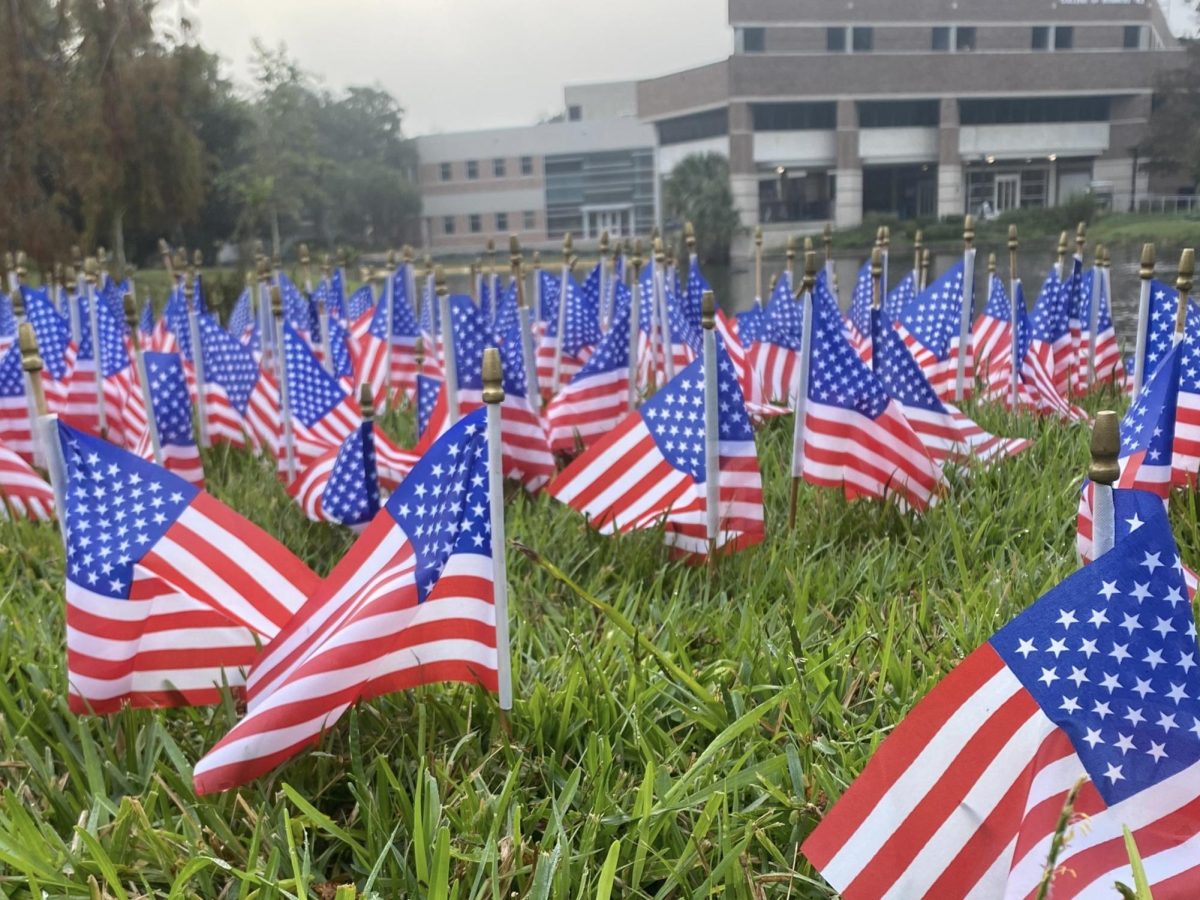GAINESVILLE, Fla. (CMG) – Florida’s public college and university students won’t know their school’s candidates for president until later in the selection process if a proposed bill passes.
In January, the Florida Senate education committee approved State Bill 774 in a 6-1 vote.
The bill explains that state colleges and universities would keep personal information of the presidential applicants and discussion involving the selection of applicants secret. Only the information of the finalists for the position would be released to the public, according to the bill.
It still must go through two committees and receive support from Florida’s chambers and Gov. Ron DeSantis before it can become law.
Some Floridians are concerned that a lack of transparency could negatively affect how future college and university presidents are chosen.
“When things are done in backroom deals, it leads to cronyism,” said Florida State Senator Lori Berman, who was the sole nay vote for the measure.
Berman believes that if passed, the bill would increase the possibility of employees selecting their friends for the final pool of presidential applicants. Because of this, she said there’s really no compelling reason to change the application.
Berman cited Florida’s No. 1 ranking in higher education in 2019 by the U.S. News & World Report as evidence that the state’s public institutions were led by quality presidents.
If the schools have been successful, there shouldn’t be any issues with their current president hiring process, she reasoned.
“If it ain’t broke, don’t fix it,” said Karen Morian, president of the United Faculty of Florida, an organization part of the Florida Education Association.
Morian said she finds it “really disturbing” that a presidential search wouldn’t be completely within public view and scrutiny.
She fears that if the bill becomes law, employers will choose weak candidates as finalists to ensure their preferred nominees get the position.
“Historically, we tried to move a lot of the backdoor shenanigans into the sunshine back in the ‘70s,” she said, referring to Florida’s sunshine laws.
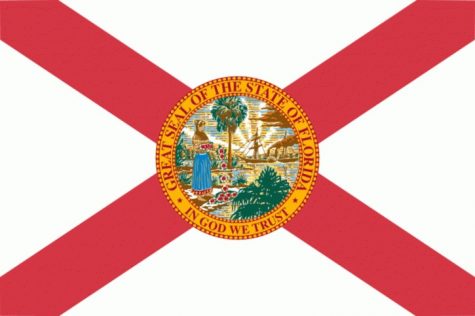
Florida’s sunshine laws are regulations that are meant to increase the transparency of government practices, such as the emails of public officials.
“It feels like they’ve slowly been chipping away at those sunshine laws for a couple decades now,” Morian said. “And it feels like this is one more piece of that.”
Stephon Adams, a 21-year-old UF political science junior, said that while the average college student won’t care about potential future university presidents, he believes the proposal will hurt students in the long run. Without the oversight of university students and families, he thinks there’s a possibility that future presidents may not be compatible with their respective communities.
He said it’s important to be familiar with the person who’s “most important at the university.”
Wallace Mazon, 25, a recent UF alumnus in African American studies, said he was already critical of the lack of diversity in top administrative positions in the State University System of Florida.
Mazon said college presidents should be allies for the needs of students of color and that UF President Kent Fuchs has consistently failed in doing that, between allowing white supremacist Richard Spencer on campus and the use of prison labor on UF/IFAS farms.
He believes that if the bill becomes a law, more presidents who don’t listen to underrepresented students will be hired by the university.
“Whoever introduced this bill should be ashamed of themselves,” he said. “They don’t know what it’s like to beg administrators to listen to them and actively fight for positive change on campus.”
Contact Samantha Chery at schery@alligator.org. Follow her on Twitter @SammyChery4276.
—
For more information or news tips, or if you see an error in this story or have any compliments or concerns, contact editor@unfspinnaker.com.












